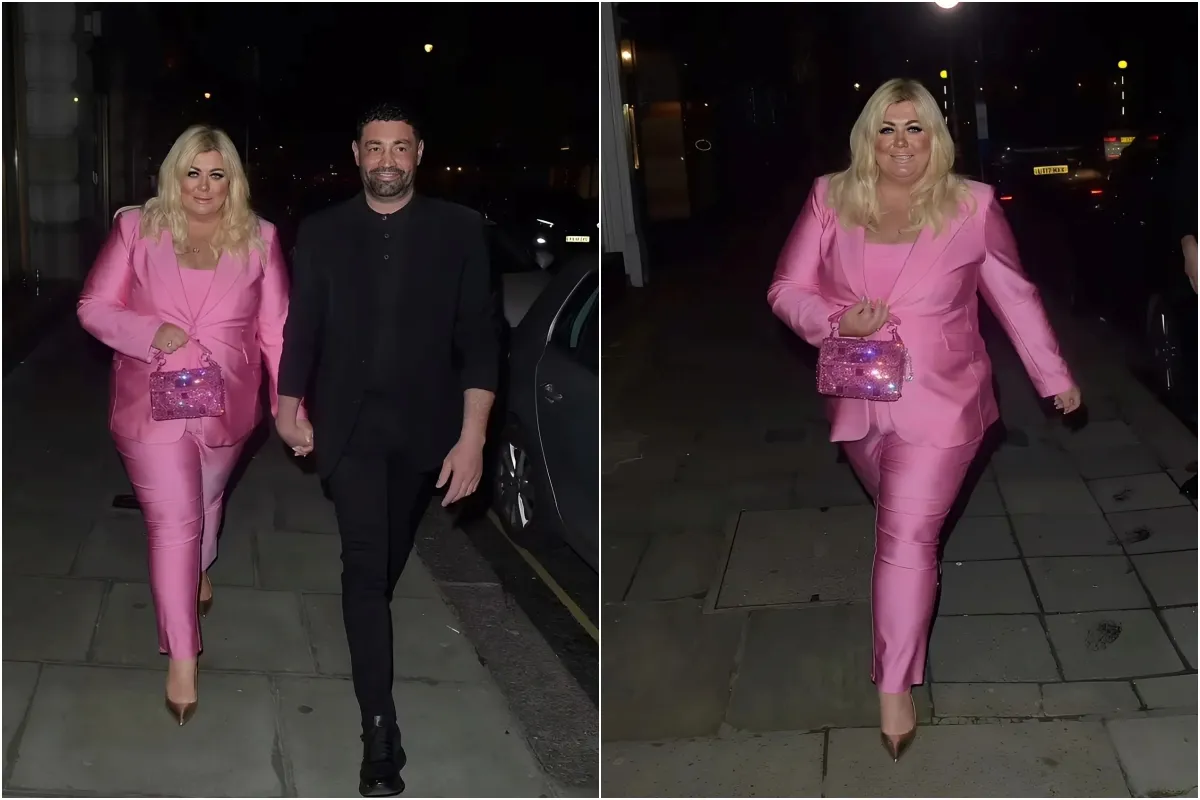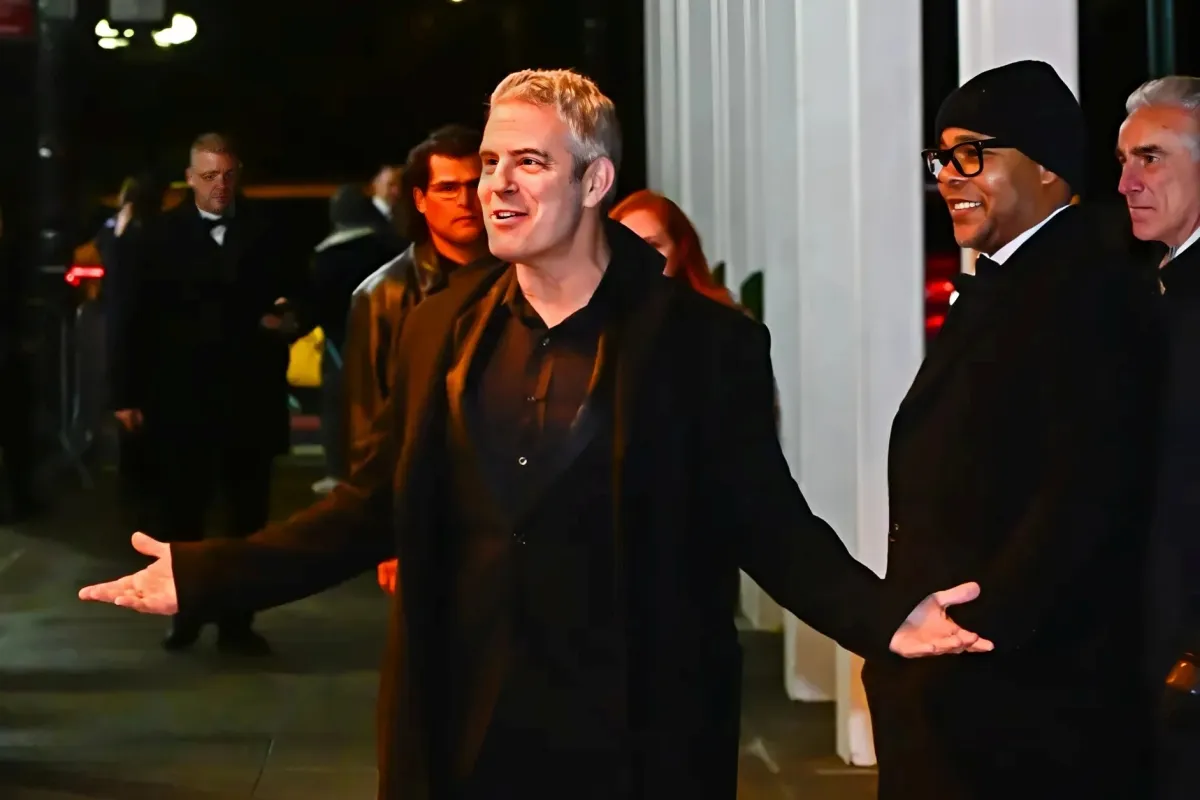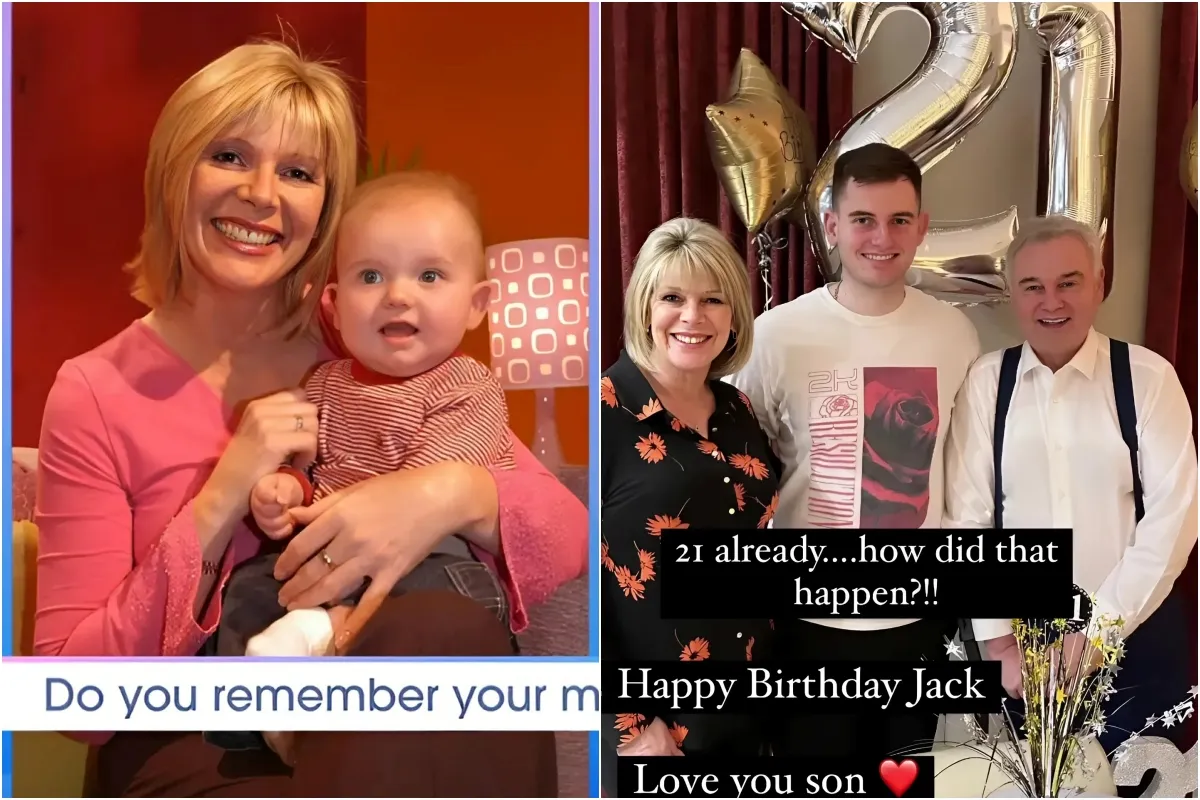
Whoops!
Page not found!
The page you are trying to reach cannot be found. In the meantime feel free to search or check out the articles below.


Gemma Collins looks stylish in a bright pink suit as she enjoys a date night with her fiancé Rami Hawash ngocc

Love Island All Stars finalists ‘in secret feud’ as Casey and Gabby hang out with islander who ‘sabotaged’ fellow stars ngocc

Designer Vivien Agbakoba Calls Out RHOP’s Stacey Rusch for 'Lying' and 'Begging' for Ashley’s Outfit, Labels Her 'Phony' trucc







